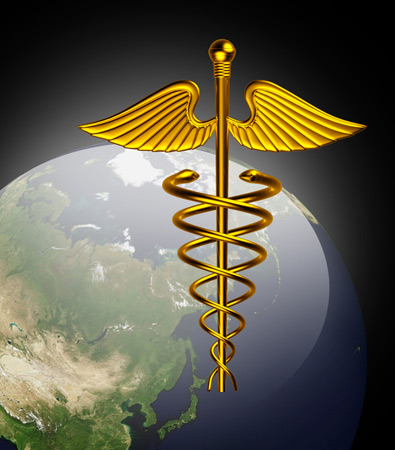Health and Medical: Health Care System
The quality of medical care in India varies considerably. Medical care is available in the major population centers that approaches and occasionally meets international standards, but in rural areas, medical care is usually very limited or unavailable.
In the public sector, median availability of generic medications is only 20 percent. The private sector is much better supplied, with about 75 percent of generic medications typically available; this figure is still not reassuring for travelers. Bring needed medications in your travel kit.
Physicians in most areas have received their training in India. However, in New Delhi, a larger number of doctors have studied in the UK or US. Specialists may have completed their training in the UK, US, or Australia. Most doctors maintain a private practice either in their own offices or at hospitals where they are employed. Visitors seeking medical care may prefer to consult a private doctor attached to a hospital in case referrals to a specialist are needed.
There have been no reported cases of avian influenza (H5N1 virus) infections in human beings. H1N1, also known as the swine flu, has spread locally throughout the country and has been reported in travelers visiting India. Individuals traveling with flu-like symptoms should strongly consider delaying their travel until their symptoms have resolved for the protection of other passengers and to avoid the risk of being quarantined in a communicable public hospital on arrival in India. H1N1 vaccine is not available in India; seasonal influenza vaccine is available.
Medical tourism is a rapidly growing industry. Companies offering vacation packages bundled with medical consultations and financing options provide direct-to-consumer advertising over the Internet. Such medical packages often claim to provide high-quality care, but the quality of health care in India is highly variable. People seeking health care in India should understand that medical systems operate differently from those in more developed countries and are not subject to the same rules and regulations. Those interested in traveling for medical purposes should consult with their local physician before traveling.
Locating a Doctor
Embassies and consulates generally maintain lists of physicians, dentists, and medical facilities for the benefit of travelers. Also, the International Association for Medical Assistance to Travelers (IAMAT) maintains a database of fully licensed, English-speaking doctors around the world. Office visits are available to IAMAT members at fixed rates advertised on the website, www.iamat.org.
Sources: US Department of State; World Health Organization; European Commission
World Trade Press accepts no liability for statements on this page. Consult your healthcare provider for more information.
Copyright © 1993—2024 World Trade Press. All rights reserved.

 India
India 
